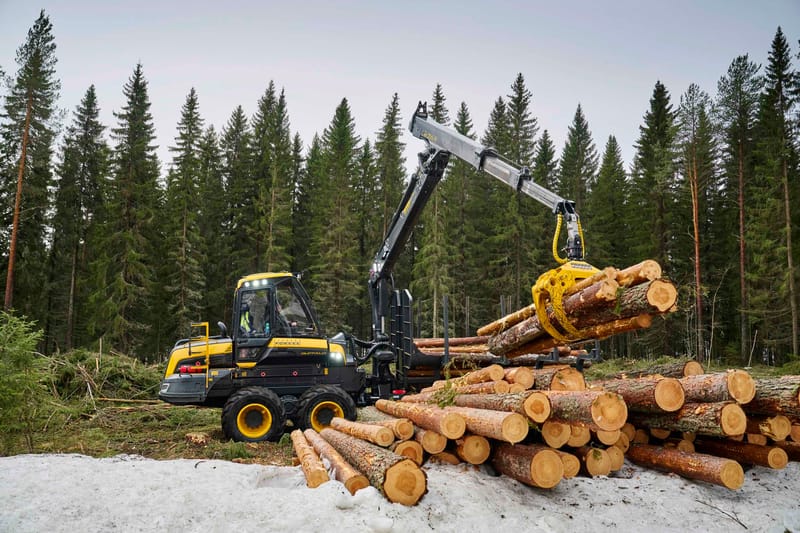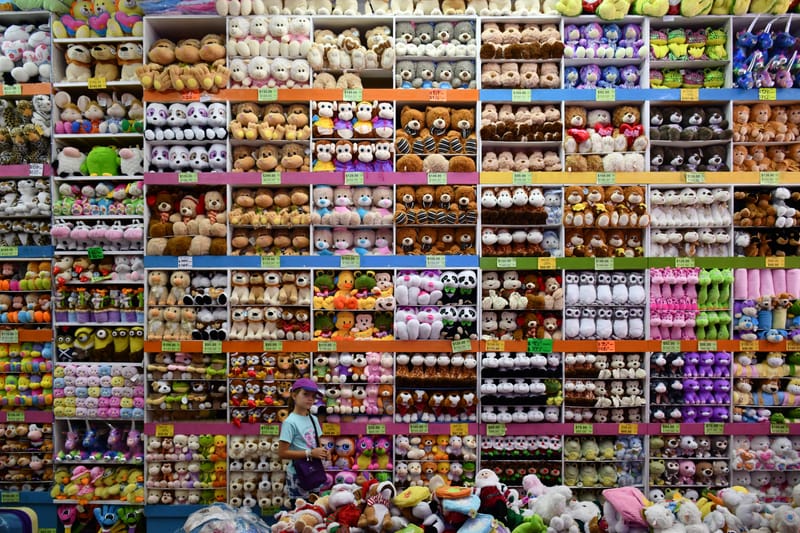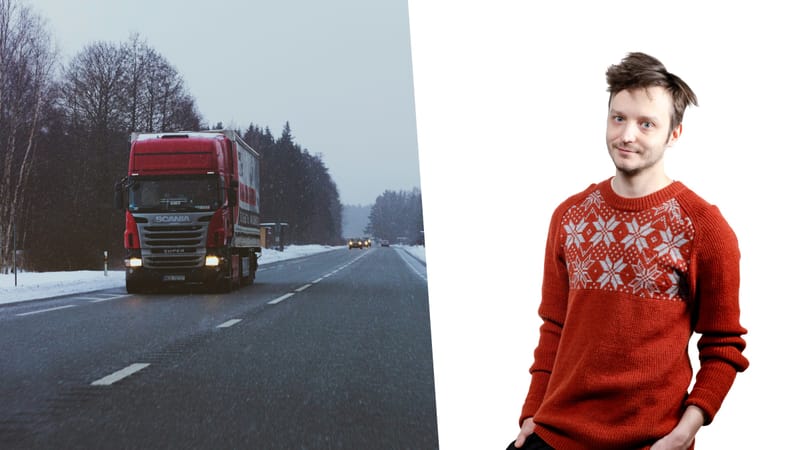Homaira Qadare finds strength in helping others: Focus on the good
The bleak situation of Afghan women is one of the main themes that Homaira Qadare, named Refugee of the Year, wants to keep in the spotlight. The Tampere-based volunteer, who draws strength from helping others, reminds that her country of birth will derail unless the status of women improves.
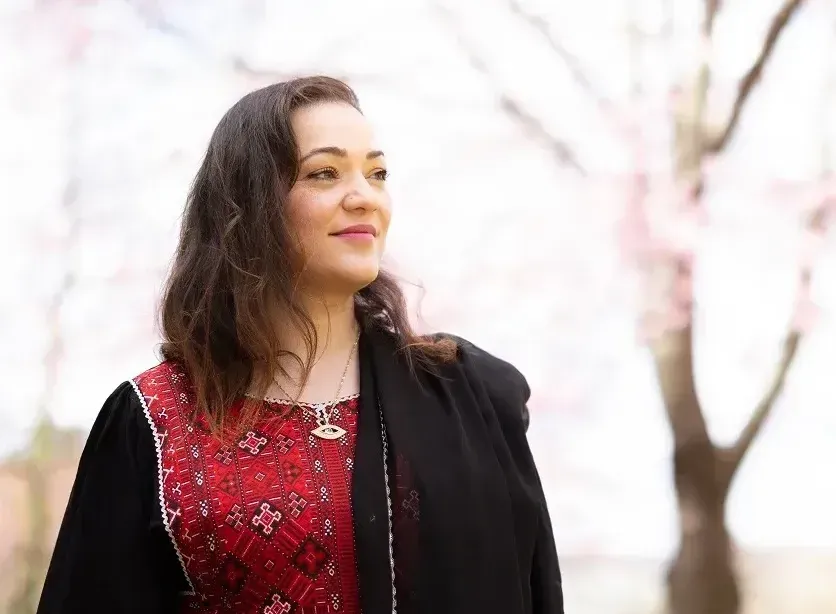
Even over the phone, Homaira Qadare’s warmth radiates through. She speaks with disarming sincerity about the joy and energy she can gain from volunteer work and doing good for others.
“Some people go to yoga or jogging, but I get immense positive energy and happiness from volunteering. The gratitude and smiles of people instantly erase the fatigue of the workday. It doesn’t feel like work at all,” Qadare explains.
Qadare was chosen as Refugee of the Year last summer. The award, granted by the Finnish Refugee Council, highlighted resilience as the theme of the year. Qadare's younger brother suggested her as a nominee, she shares modestly.
At 37, Qadare works in a daycare in Tampere. For many years she has supported refugees and migrants through various NGOs and projects. She has trained girls on women’s rights and sexual health, guided women in pregnancy and motherhood, and spoken to migrant communities about mental health.
Time and again, Qadare encounters how newcomers lack vital information.
“Many mothers and families don’t get adequate information about available services. There should be more interpreters, and volunteers like us could be used more effectively. For instance, employment offices could arrange proper info sessions,” says Qadare, whose native language is Dari and who often acts as an interpreter for others.
Language skills, she notes, have played a key role in adapting to her life in Finland. She speaks several languages and found learning Finnish as a teenager relatively easy.
Positivity as an antidote to racism
In earlier interviews, Qadare has recalled how, at school in Finland, she was once given the impression that migrants could not make it to upper secondary school. She arrived in Pirkkala at 15 through family reunification.
Now, she says times have changed. Migrant families no longer stand out as much as they did more than 20 years ago.
“My own children haven’t reported any bullying or racism at all! I have three children, aged 5–13, and none of them has faced bullying. Even my eldest, who is quite dark for Finnish standards, has never told me he experienced racism.”
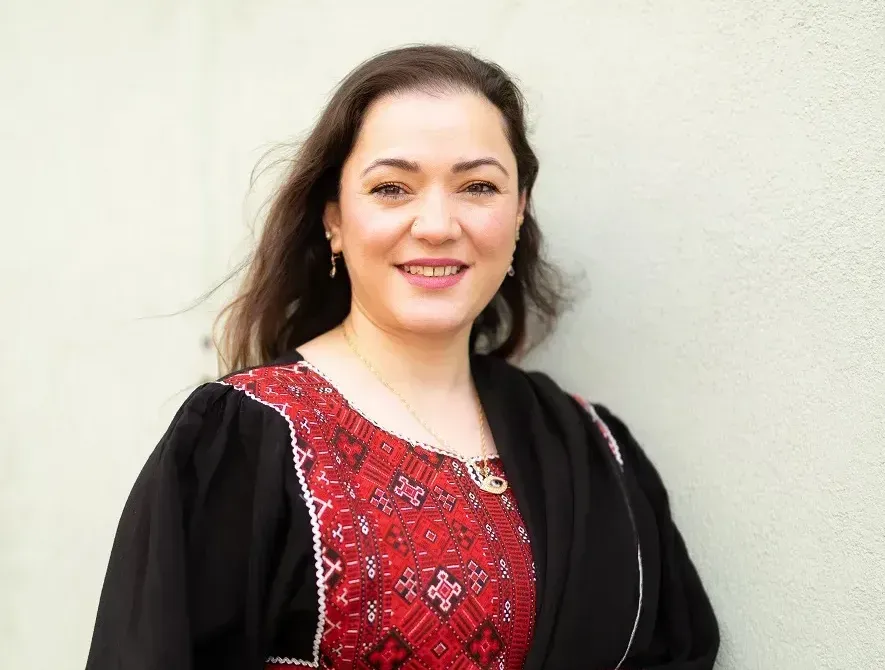
Qadare herself has at times encountered discrimination and racism in Finland. Her remedy is simply not to give it too much space.
“If one person says something bad, another says something kind. You can’t label all Finns as racists. It’s important to focus on the positive.”
She has always stressed to her children that there is zero tolerance for bullying: every case must be reported to an adult immediately. Cooperation with schools, she says, has always gone smoothly.
Employment: prejudice and surprises
Much has been written about the barriers migrants face in employment. Qadare acknowledges that prejudice can be an obstacle. However, unexpected opportunities also arise – and one must never stop trying.
She recalls attending a group interview for a daycare job.
“Others told how they could do crafts and all kinds of activities with children. I came home in tears, telling my husband I’d never get the job. I was a practical nurse without direct childcare experience, and all the other 11 candidates were Finnish. But just two days later, the daycare director called and offered me a temporary job. That’s how it all began.”
She emphasizes that migrants are often exceptionally diligent workers.
“Many immigrants are very hardworking because they know the odds are against them. Employers should give them a chance!” she appeals.
However, she believes language education for migrants should be strengthened. She remembers how her own parents were able to study Finnish continuously, moving from one course to the next. Today, courses are fewer and shorter.
“If you only get a couple of courses with long gaps in between, you don’t learn much. An adult can’t learn a new language in six months,” she says.
Afghan women must not be forgotten
Qadare still has many relatives in Afghanistan. Since the Taliban returned to power in 2021, chaos and fear have become part of daily life.
“Calls with my cousins often end in tears. Women can’t go anywhere or do anything. The situation is shocking – Afghanistan has no future if women lack rights.”
She insists the international community must not forget Afghanistan.
“When girls can’t attend school and teachers aren’t paid, the country slides further into decline. And what about women’s health and future generations? If female patients can only be treated by female doctors, but women aren’t allowed to study medicine, what will happen?”
“I don’t downplay other horrific crises like Gaza or Ukraine, but I hope Afghanistan won’t be silenced. Its dire situation must remain visible if we are to achieve any change,” she urges.
This year, the Refugee of the Year award highlights resilience, which is also the central theme of the Finnish Refugee Council’s 60th anniversary. The winner embodies, through personal experience, the challenges faced by those forced to flee and the resilience required to adapt to a new country.
The award was first granted in 1998, then under the title “Refugee Woman of the Year.”


